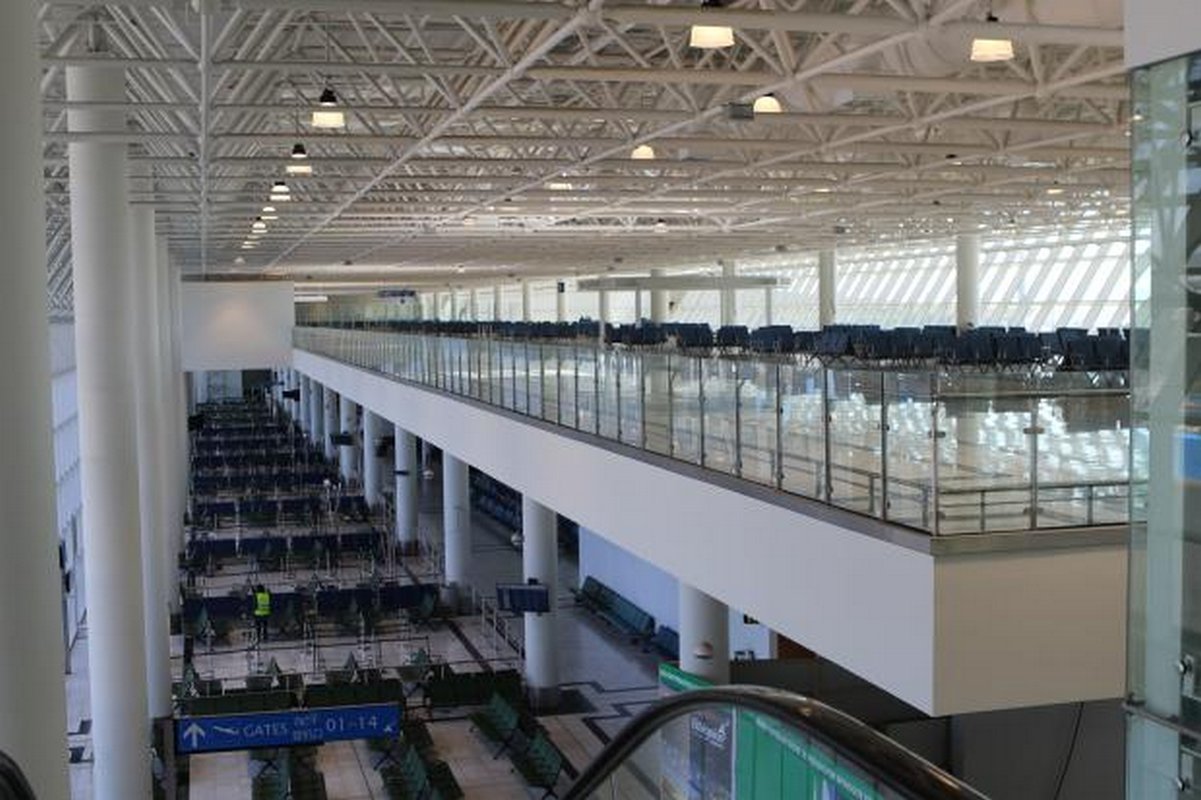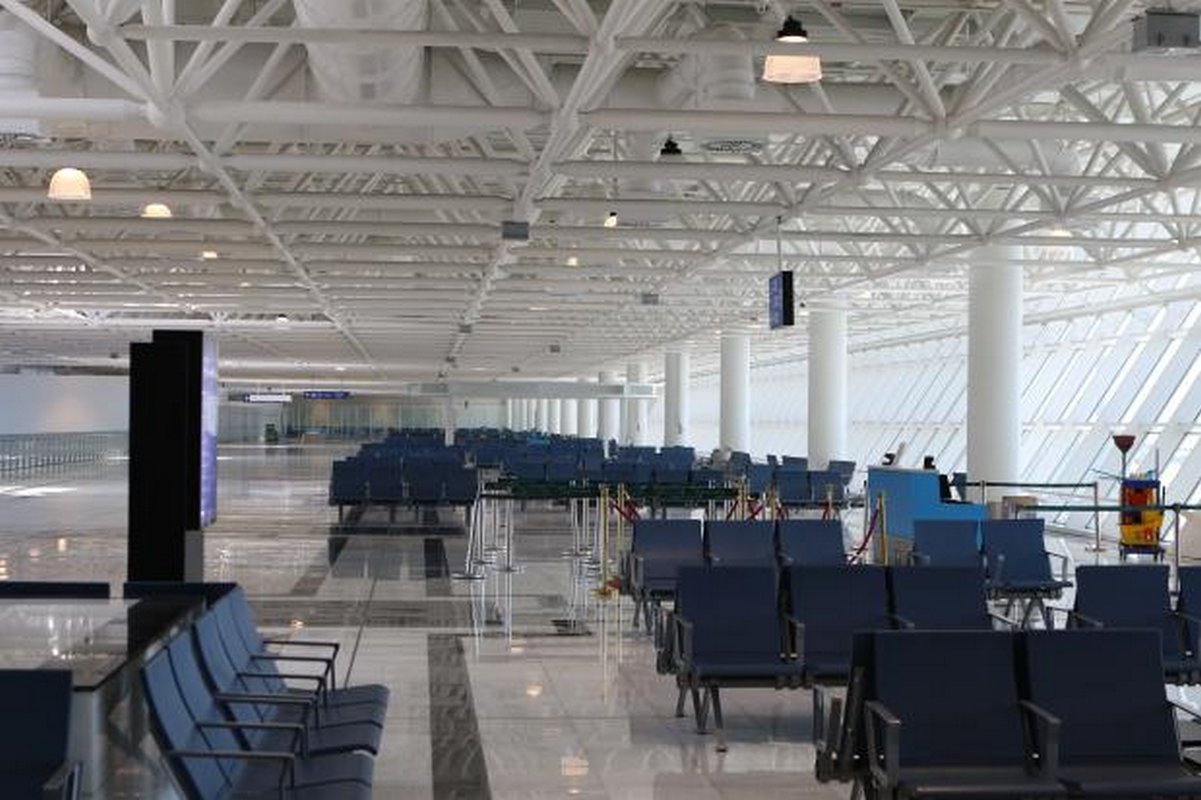Ethiopia has tripled the size of its main airport as it gets set to be Africa’s gateway hub.
Ethiopia’s capital is set to cement its place as Africa’s leading aviation hub with an expanded airport terminal which triples it passenger capacity. Last year, Addis Ababa overtook Dubai as the leading transfer hub for long-haul travel to sub-Saharan Africa.
On Sunday (Jan. 27), prime minister Abiy Ahmed inaugurated the newly-expanded terminal of the Bole International Airport, the main hub of Ethiopian Airlines in Addis Ababa. The project, which was funded and built by China for $363 million, triple the airport’s size and can now accommodate up to 22 million passengers annually from its current 7 million.
The terminal and a new luxury hotel are a great boost for the state carrier, Ethiopian Airlines, which is currently implementing a 15-year strategic plan aimed at becoming Africa’s leading airline group. Founded 74 years ago, the airline has an operating fleet of 111 planes and currently flies to more than 119 international passenger and cargo destinations, with over 61 of those in Africa alone.
Ethiopian Airlines has also strategically invested across Africa, making deals to revive defunct airlines, setting up hubs in countries including Togo, and partnering with airlines in Malawi, Chad, and Mozambique.
As the Horn of Africa nation relaxes its visa regime, the carrier also developed schemes to help both African and global travelers process their visas faster and explore the country’s tourism sector.
Yet with all these distinctions, passengers had continued to complain about the amenities at Bole airport, highlighting the scarcity of retail outlets or seating spaces, especially when many flights were leaving at the same time. Ethiopian carried over 8.7 million customers during the 2016/17 year, many of whom had a minimum layover in Addis Ababa.
As Ethiopian grew to be Africa’s largest airline by revenue and profit, its Addis Ababa hub also didn’t feature among Africa’s best airports. That distinction last year went to Casablanca’s Mohammed V airport followed by Mauritius’s main airport and then Durban, according to the Airports Council International.
During the launch of the new terminal, premier Abiy urged Ethiopian Airlines staff to buy shares into the carrier, saying the company embodied the “philosophy of medemer,” an Amharic word that translates to inclusivity and unity. He also set up a new challenge for the state airline: build a 100-million mega airport in Bishoftu, a resort town with many tourist attractions located just over an hour southeast of the capital.
 Alghadeer TV Alghadeer TV
Alghadeer TV Alghadeer TV



